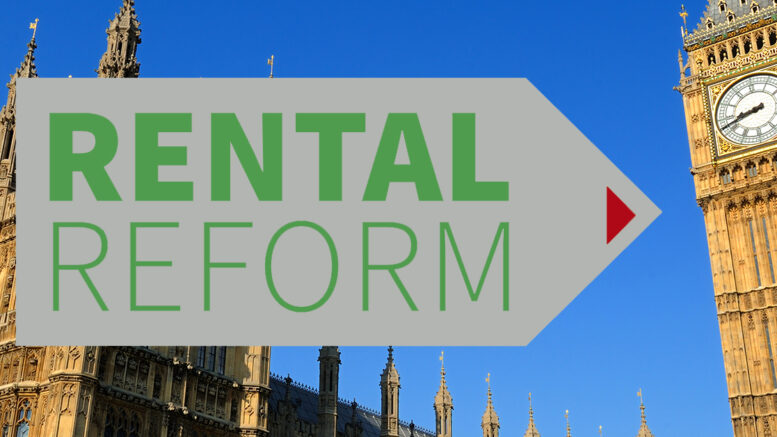The National Residential Landlords Association (NRLA) is pushing for critical amendments to the Renters’ Rights Bill to ensure landlords can regain possession of properties in cases of rent arrears while maintaining a fair and workable system for both tenants and landlords.
The Renters’ Rights Bill, which aims to overhaul the private rental sector, will return to the House of Lords on 22 April for detailed committee scrutiny. With over 50 pages of amendments already tabled, the NRLA is urging policymakers to implement several key changes designed to address landlord concerns.
Ensuring landlords can reclaim properties in cases of arrears
One of the NRLA’s primary concerns is ensuring landlords retain the right to repossess their properties if tenants fall into rent arrears. The NRLA has voiced strong support for an amendment proposed by Lord Carter of Haslemere, which would maintain the current two-month rent arrears threshold for mandatory possession proceedings.
This amendment is designed to give landlords greater certainty that they can act swiftly if rent payments stop.
The NRLA is also backing an exemption that would protect tenants who fall into arrears due to Universal Credit payment issues. By introducing this safeguard, landlords can distinguish between tenants who are struggling due to administrative delays and those intentionally failing to pay rent.
In a statement, the NRLA emphasised that these changes are essential to ensure landlords feel confident that they will not face lengthy court battles if rent stops being paid.
Fairer rent increase assessments
The NRLA is also calling for a system that enables fair assessments of rent increases before disputes are escalated to the First-tier Tribunal (Property Chamber). The association proposes working with the Valuation Office Agency to introduce this mechanism, which would help landlords avoid unjustified rent challenges and create a more transparent dispute resolution process.
Additionally, the NRLA supports allowing landlords to require an initial rent payment as a condition of accepting a tenancy agreement. This measure would provide greater financial security for landlords, particularly those letting properties to students or tenants with less predictable incomes.
Student housing reforms to improve flexibility
The NRLA is further pushing for amendments that would expand the student possession ground to apply to one- and two-bedroom student properties - not just larger shared accommodations.
The association also argues that student tenants should be permitted to pay their rent on a termly basis rather than monthly. This aligns better with the academic calendar and reflects the reality that many students receive their funding in instalments tied to university terms.
An NRLA spokesperson explained, “We are calling for an extension of the student possession ground to include smaller student properties and for students to have the option to pay rent by term. These adjustments will improve flexibility for landlords while accommodating the financial realities faced by students.”
Landlords call for a fair balance in rental reforms
Since the Bill’s last debate in the House of Lords on 4 February, a total of 50 pages of amendments have been proposed, underlining the complexity and scope of the reforms.
If additional debate time is required, the Government has confirmed that further committee dates will be scheduled in the second half of April.
The NRLA believes these proposed amendments are vital to creating a rental system that balances the rights of landlords and tenants. By ensuring landlords can reclaim properties in cases of non-payment while introducing measures to protect vulnerable tenants and improve rent increase transparency, the NRLA argues that its recommendations will result in a fairer system for all parties involved.








